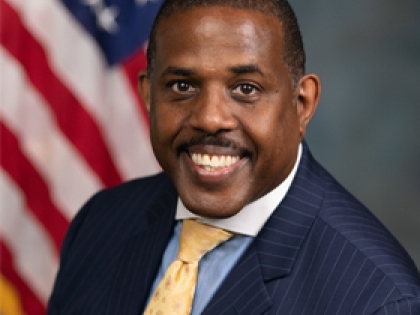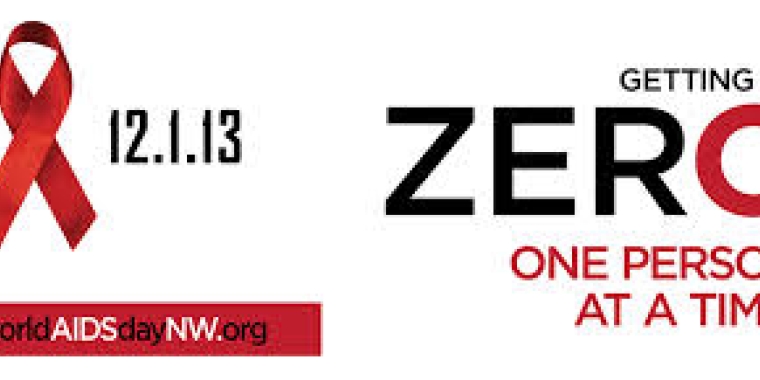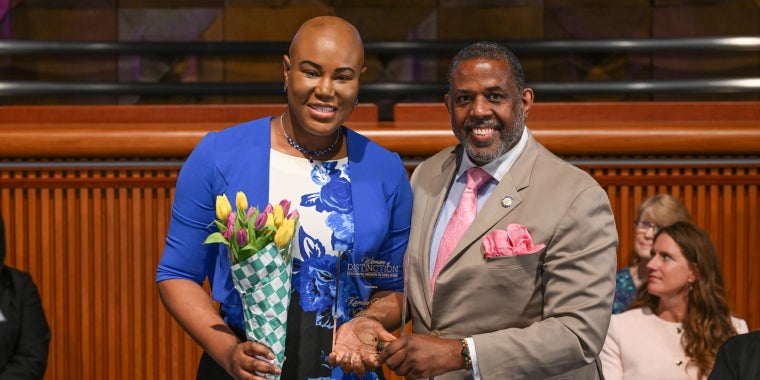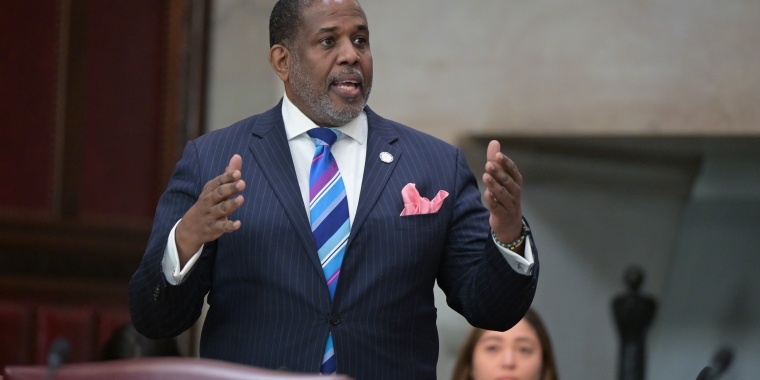
Senator Parker Reflects on World Aids Day
Kevin S. Parker
December 1, 2013
-
ISSUE:
- AIDS/HIV

“Today, on World AIDS Day 2013, I ask you to join me in remembering family, friends, and neighbors lost to HIV/AIDS.
I ask you to join me in remembering nearly three decades of struggle to end discrimination against persons living with HIV/AIDS.
I also ask you to join me in standing with President Obama and in solidarity with everyone around the world who is continuing the struggle to beat this disease and end discrimination.
Over the past three decades, HIV/AIDS has claimed more than 25 million lives and remains a global public health challenge. In 2011, there were more than 34 million persons living with HIV around the world, and 69% of that total is living in Sub-Saharan Africa.
In New York State, more than 181,000 people are living with HIV/AIDS, of which more than 107,000 live in New York City; New York City is still the epicenter of the HIV/AIDS epidemic in the United States.
This year marks the 25th anniversary of World AIDS Day, which was first declared on December 1, 1988, by the World Health Organization.
It will be celebrated on December 1 in Times Square in NYC and on December 4 in the Empire State Plaza in Albany.
When the first World AIDS Day was observed in 1988, it was literally impossible to imagine that someday we could say together that one day soon the HIV/ AIDS epidemic will be ended.
Because of the incredible work and dedication of families, advocates and affected communities, patients, and researches working together however, every year we observe World AIDS Day, we move closer to the promise of an AIDS-free generation and to the goal of:
• Reducing sexual transmission of HIV by half.
• Eliminating the vertical transmission of HIV and reduce AIDS related maternal deaths by half.
• Preventing all new HIV infections among drug users.
• Universal access to antiretroviral therapy for people living with HIV.
• Reducing TB deaths among people living with HIV by half.
• Reducing number of countries that have punitive laws and practices around HIV transmission, sex work, drug use or homosexuality that block effective responses.
• Eliminating HIV restrictions on entry stay and residence in half of the countries that have these restrictions.
• Addressing the HIV-specific needs of women and girls in at least half of all national responses.
• Zero tolerance for gender and gender-identification based violence.
That is the scope of the challenge yet to be overcome; thank you for your commitment to help us ‘get to zero’.”
Share this Article or Press Release
Newsroom
Go to Newsroom


